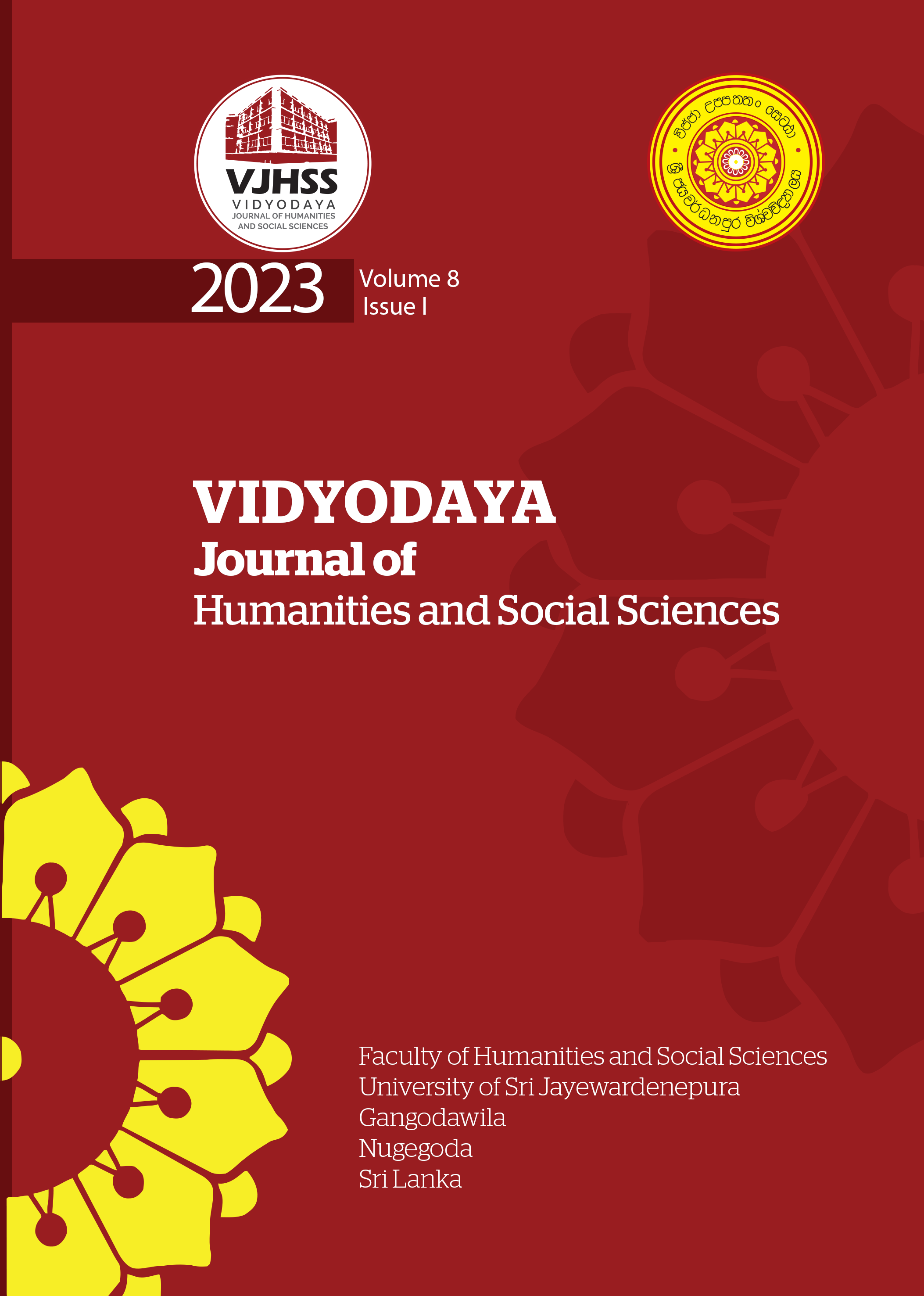A Study on the Usage of the Board Race Game; as a Grammar Retention Strategy for English as a Second Language (ESL) Learners
Abstract
Language games are often recognized as one of the important components when teaching and learning English, in a Second Language classroom. Conversely, in the traditional classroom setting, playing games is believed to be highly unproductive. Given that, this study aims to evaluate the effectiveness of language games as a grammar retention strategy for ESL learners. The study was conducted at All Saints’ College, Sri Lanka using a mixed methods research approach where the sample groups were experimented and observed in two settings: the traditional classroom and the game-based approach. For data collection, all three classes of grade six, with 30 students in each, were classified randomly as the experimental group and the two control groups. While the experimental group was exposed to the game, “The Board Race” when teaching irregular past tense, the control groups were taught the same without the game. According to the results which were achieved from the t-test, through a comparison of the mean scores of the pre-test and two post-tests, the experimental group exceeded the two control groups with higher mean values, during the immediate retention stage and the delayed retention stages, proving that the two teaching methods have different influences on grammar retention. The above results were further confirmed by the positive responses of the experimental group in terms of behavioral, cognitive, and emotional engagement. Thus, this study suggests the need to incorporate games with text-based instructions in the ESL classroom, which is helpful for the students to retain grammar, in the long term.



